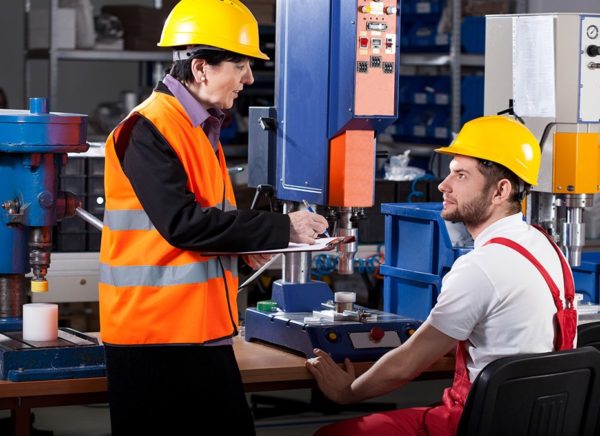What is a Safety Engineer and How to Become One
The least mentioned engineering profession is probably the most important one
Safety engineers, as well as health engineers are in charge of planning and implementing systems and policies for the guaranteed well-being, physical health and the general safety of the workplace environment.
What are the responsibilities of safety engineers?
There is no question, that safety engineers have a hand in the everyday lives of everyone in the modern world. Companies, no matter the size, have the utmost responsibility to take care of their employees and ensure that they are working in a safe environment. Systems and policies are set up around the companies’ domain to mitigate any possible disasters and to manage all risks. Health and safety managers are in charge of making sure that the world that we live in is safe, not just for the people, but for the planet itself. Supporting them, are the safety and health engineers. They design and use software systems such as EHS software, define policies and procedures, and ensure proper execution of these plans and technologies. These are all concerted efforts to help reduce possible accidents the future. The safety and health engineers, in essence, connects all the newest technologies curated from countless hours of research, to working safeguards in the workplaces, neighborhoods, or the outdoors.
These engineers can also be found doing field work helping and coaching health and safety trainers. This experience is invaluable for safety and health engineers because this wealth of information can help improve, update and further develop the systems that they have designed. Safety engineering is a general field in that they can come from every background. This is because safety is an issue regardless of the field, be it electrical, mechanical, software, chemical, or anywhere else. They are not reactive which means they find faults and try to fix them, but rather, proactive in that they find possible failing scenarios and find out the best way to avoid them. They will also study the trends, along with the latest technologies including hardware such as the latest belt buckle and the latest software such as the latest EHS software.
Where does a health and safety engineer do its craft?
As mentioned earlier, both health and safety engineers can come from any engineering background. They can be electrical engineers with vast knowledge of wirings and safety, be software engineers and actually have background writing code for EHS software, be a civil engineer who has passed engineering cpd courses or from a chemical engineering background where they honed their craft in chemical safety and waste management. Most commonly though, safety and health engineers, often have experiences in the manufacturing business. This is because of the high standards that need to be put in order to ensure a safe manufacturing environment and this could require multiple number of safety and health engineers.
In terms of the role they actually do, there are several areas where a health and safety engineer can be assigned. They can work on the frontlines along with the technicians to monitor directly the safety plans that are in place. They are given specific jobs such as timing incidents and checking if safety precautions and procedures are followed to the letter. Another area where they can work on is in management. One of the main functions of safety and health engineers is to draft plans that results to the ultimate policies that will be followed by the company workers to ensure smooth sailing operations. And lastly, safety and health engineers can take role in research and development. In this field, they will study, experiment and develop various methods, instruments and other tools to help with their work.
In construction, each of the safety and health engineers usually do the same job. They can work on the actual construction site to see if the construction workers are following proper procedure and are wearing the appropriate equipment. They can also be tasked to make procurement instructions when buying batches for their workers.
Safety and health engineers can also apply for work in the government. They will help the framing of laws for legislators which will then be executed by the responsible executive institutions. They can be hired by these institutions as well to enact said laws. When going in this career path, they can work as inspectors for the government.
Regardless of the career path a safety and health engineer takes, their usual work environment will them to both the drawing boards in the office and alongside workers in the fields.
How well does the job pay?
Most of you interested in a career path in health and safety engineering probably have in mind, how much you are going to earn. It usually depends on which sector you are employed in. On an average, health and safety engineers earn $84,000 in salary. The starting point for those working up from the bottom will usually earn about $50,000 to up to $130,000 as a senior health and safety engineer.
How likely are you to land a job?
For the next decade, the demand should probably grow up to 5%. This is as good a sign as all other jobs are growing at a slightly higher rate. The growth is mainly driven from the demand coming in from non-traditional areas like schools, hospitals and the natural environments. This in addition to, the also growing demand in traditional ones, such as factories and construction. The declining growth may be attributed by various cost cutting measures done by companies. Automation techniques done by tools such as EHS software also cut the number of safety and health engineers hired by companies.
What are the qualifications?
Landing a full time safety engineer job will probably need you to have various experiences as an intern in addition to having solid educational background. This background will require at least an engineering degree accompanied by a recognized license. It does not usually matter what the engineering field is but companies usually look more closely at degrees that are in line with their business.

















